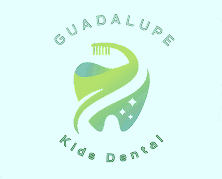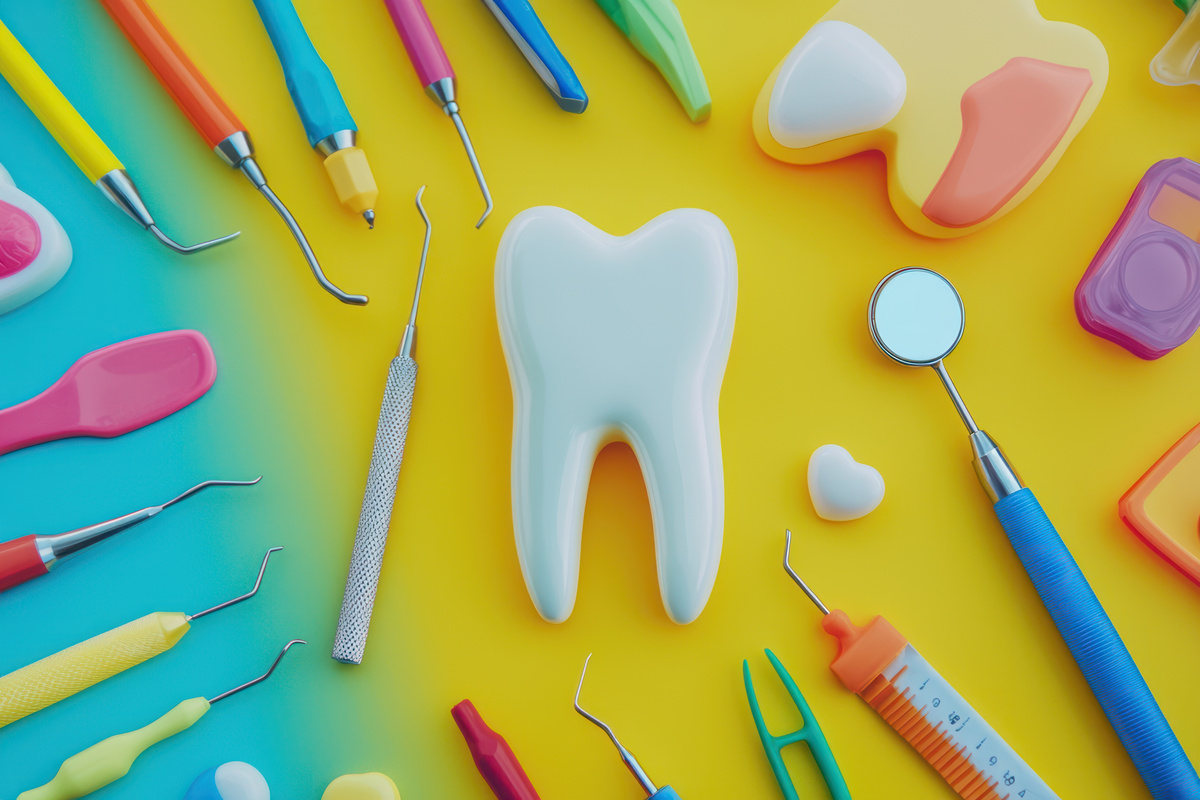The moment your six-month-old grasps that first piece of soft avocado and triumphantly smears it across their face, you’re witnessing more than just a messy mealtime adventure. You’re watching your baby take their first independent steps toward self-feeding, and while you’re celebrating this developmental milestone, you might also be wondering how this new approach to eating affects those tiny teeth just beginning to peek through tender gums. Baby-led weaning offers wonderful benefits for developing independence and healthy eating habits, but it also introduces new considerations for protecting your little one’s emerging smile during this exciting transition.
At Guadalupe Kids Dental, we love supporting families through every stage of their child’s development, including those delightfully messy early feeding experiences. Dr. Bennion understands that modern parents often choose baby-led weaning for its developmental benefits, and our team helps families navigate how this feeding approach fits with optimal oral health care. We believe that understanding the connection between early feeding experiences and dental health helps parents make informed decisions that support both nutritional and oral development.
What to Know About Baby-Led Weaning
If you’ve embraced baby-led weaning, you know the scene well: your high chair looks like a food explosion occurred, your baby is covered head to toe in whatever you offered for lunch, and yet they’re beaming with pride at their newfound ability to feed themselves. This approach allows babies to explore different textures, flavors, and feeding techniques at their own pace, typically starting around six months when they can sit independently and show interest in family foods.
Unlike traditional spoon-feeding with purees, baby-led weaning encourages babies to grasp, chew, and swallow finger foods independently. Parents often choose this method because it promotes self-regulation, exposes children to varied textures early, and makes family mealtimes more inclusive. The American Dental Association notes that babies are born with all their primary teeth already formed in their jaw, with first teeth typically erupting around six months, perfectly coinciding with when most families begin introducing solid foods. This timing isn’t coincidental. As your baby’s first teeth emerge, they’re ready to begin the important work of learning to chew and process different food textures. Baby-led weaning supports this natural developmental process while giving parents new considerations for protecting those precious new teeth.
What Are the Oral Health Advantages of Self-Directed Eating?
Baby-led weaning actually offers several benefits for developing oral health that many parents don’t realize.
Increased Oral Activity
When babies self-feed, they naturally use their emerging teeth, gums, and jaw muscles more actively than during spoon-feeding. This increased oral activity helps strengthen the muscles involved in chewing and swallowing, potentially supporting better speech development and jaw alignment as they grow.
Healthy Gum Development
The varied textures inherent in baby-led weaning also encourage different types of chewing motions, which can help clean teeth naturally and stimulate healthy gum development. Babies who self-feed often develop better awareness of their mouth and different sensations, which can make them more cooperative during tooth brushing and dental visits as they grow older.
Support for Long-Term Oral Health
Additionally, because baby-led weaning typically involves whole foods rather than processed purees, babies often consume less added sugar during their earliest eating experiences. This natural approach to eating can help establish preferences for whole foods over processed alternatives, supporting long-term oral health.
Protecting Tiny Teeth During Self-Feeding Adventures
While baby-led weaning offers many benefits, it also requires some thoughtful considerations to protect your baby’s developing teeth. The increased exposure to various foods means more opportunities for bacteria to interact with food particles, making consistent oral hygiene even more important during this stage.
Several key strategies help protect oral health during baby-led weaning:
- Timing matters: Offer water with meals to help rinse away food particles, and avoid letting babies graze continuously throughout the day
- Food choices: Focus on naturally soft foods that don’t require excessive chewing force on new teeth, and limit naturally sweet foods like dried fruits
- Cleaning routine: Gently wipe gums and any erupted teeth after meals, even when foods seem to have been completely consumed
- Watch for signs: Monitor for any unusual fussiness, changes in eating patterns, or visible concerns around emerging teeth
- Professional guidance: Schedule your baby’s first dental visit by their first birthday or within six months of their first tooth appearing
These practices help ensure that the independence and exploration of baby-led weaning don’t compromise your baby’s oral health development. The key is maintaining consistent oral hygiene while allowing your baby the freedom to explore and learn through self-directed eating.
Supporting Your Family’s Feeding and Oral Health Journey
At Guadalupe Kids Dental, we celebrate the joy and messiness of baby-led weaning while helping families protect their little ones’ developing smiles. Dr. Bennion’s experience as both a pediatric dental professional and a father of seven children gives him a unique understanding of how different feeding approaches affect oral development. We love partnering with families who choose baby-led weaning, offering guidance that supports both your feeding philosophy and your baby’s oral health needs.
Our practice believes that every family’s journey is unique, and we’re here to provide personalized support that honors your choices while ensuring optimal oral health outcomes. We understand that those early months of self-feeding adventures are about so much more than nutrition, and we’re committed to helping you navigate this exciting time with confidence. Contact us today at (830) 209-7262 or schedule an appointment to learn how we can support your baby’s oral health during their exciting feeding adventures.

